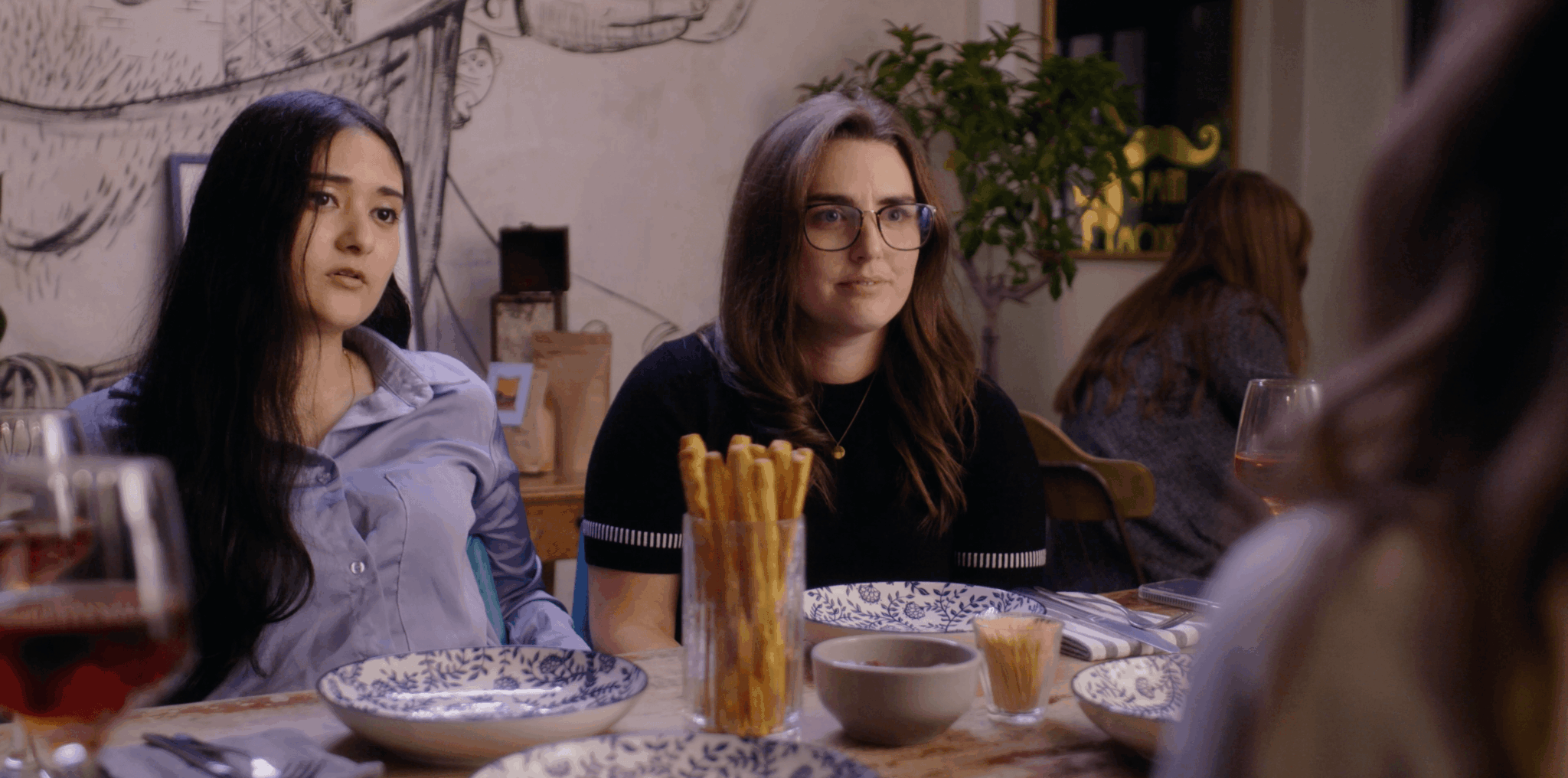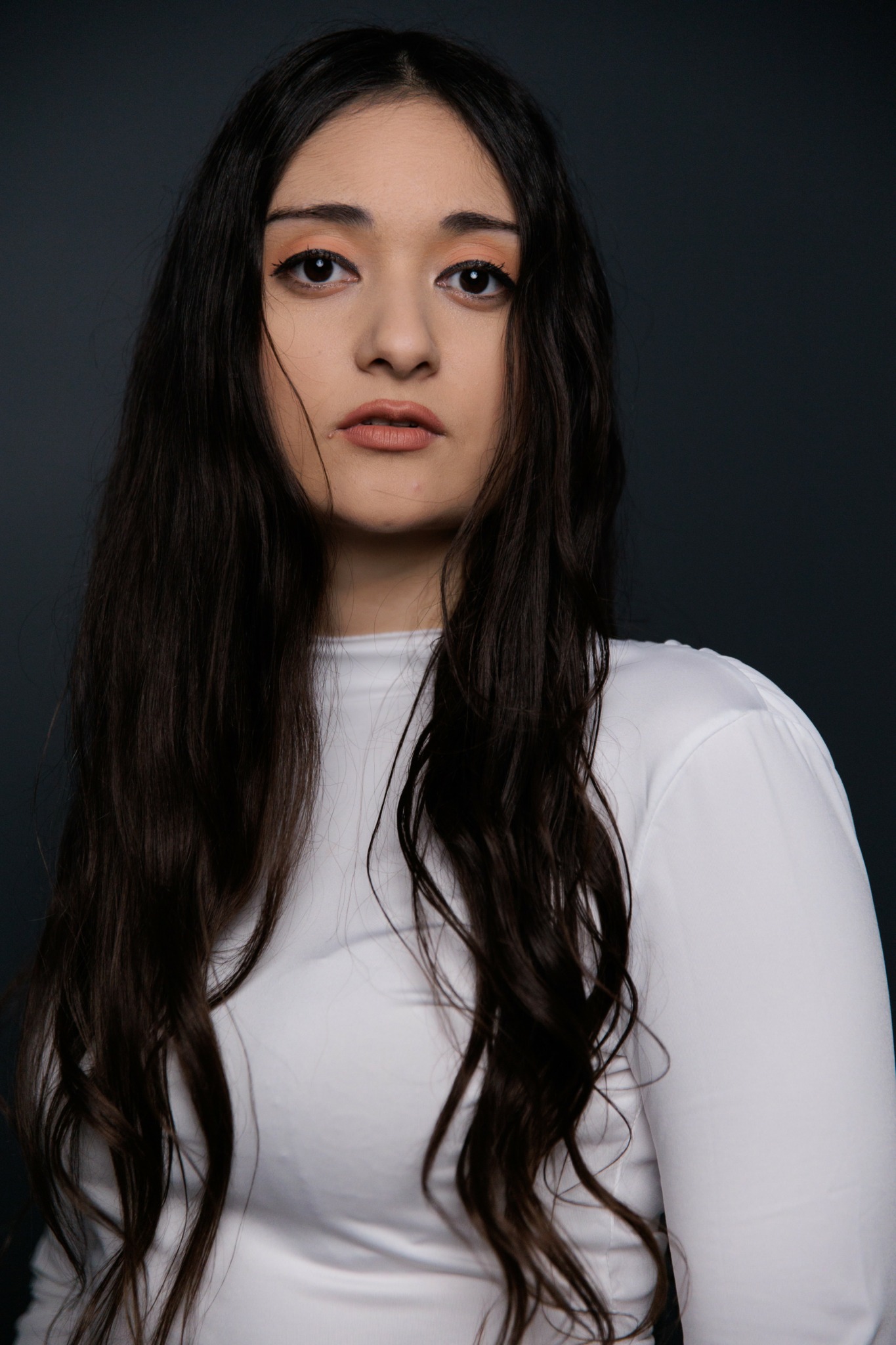We’re excited to introduce you to the always interesting and insightful Sachi Osmond. We hope you’ll enjoy our conversation with Sachi below.
Sachi, thanks for joining us, excited to have you contributing your stories and insights. We’d love to hear about when you first realized that you wanted to pursue a creative path professionally.
I never grew up around the industry, but as a kid — before we could afford proper Wi-Fi — I’d have movies downloaded onto my memory stick, and I would watch the same movies over and over. I knew all the lines by heart and would recite them to myself, almost like studying them. Honestly, that’s how I taught myself to act ha!
I can’t remember all the films, but I remember Black Swan, Notting Hill, Closer, Inside Job, and Sucker Punch. I was way too young at 14 to be watching some of these movies, but they taught me an empathy or perspective – I remember feeling anger for and despair alongside the characters.
That’s what I love about cinema—you could be a different gender, race or creed to these characters, but a great film will take me outside of myself, out of my own inner world, and into someone else’s reality. I think it really teaches so many of us empathy.
Even more so as an adult, I have to remind myself how easy it is to get caught up in my own shit and become solipsistic. But watching a great piece of theatre even, gives me the chance to transcend my circumstances and traumas, and fully immerse myself in another person for a short time.
Black Swan was a huge influence on my life. Natalie’s performance in that film is what made me want to be an actor. I watched it and thought, Wow, I want to be a crazy, masturbating ballerina! I was obsessed with that performance way too young, but it is so beautiful and vulnerable. I related to every aspect — not feeling good enough, the complicated mother-daughter dynamic, all of it.
I feel lucky to have something I love so deeply – something that allows me to be fully seen if I’m brave enough. It gives me a safe space to access the darkest parts of myself that scare me or that I don’t want to look at, to be vulnerable, and to truly find myself in other characters. There is something liberating about having your full humanity on display.
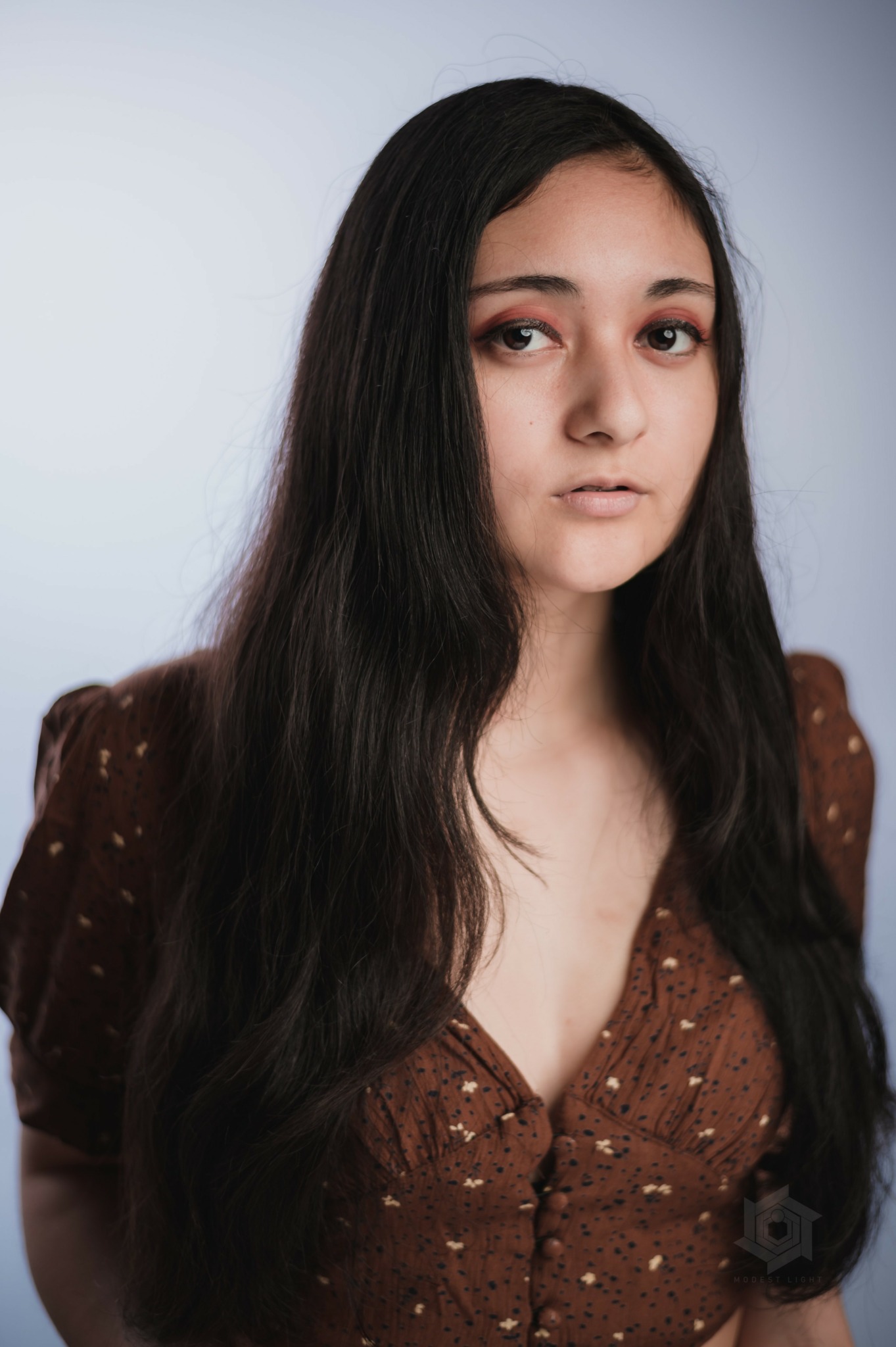
Sachi, before we move on to more of these sorts of questions, can you take some time to bring our readers up to speed on you and what you do?
I’m an actor, I also like to write. I grew up in Auckland, New Zealand, and moved to Australia alone at 17, initially for acting. I’ve always been fascinated by what it means to be human—our contradictions, our resilience, our wounds, and our capacity for change. My journey started not with a clear plan, but with a deep curiosity to understand people, including myself. Over the years, I’ve trained extensively, with a particular focus on Method and Meisner techniques, and have worked in theatre and film.
One of the most meaningful projects I’ve worked on was What You Don’t Know by Suzanne Hauser — a theatre piece performed at a Sydney festival, based on the true story of her grandmother, who underwent an illegal abortion in 1940s Australia. At the time, abortion was not only criminalized but also incredibly dangerous and women often had to risk their lives to undergo the procedure. I honestly couldn’t believe I had gotten the role after my second audition. The added layer of it being a true story definitely came with an enormous responsibility to do my character and the story justice.
After that, I took a long break from acting due to personal reasons. However, right now I’m working on a documentary exploring the complexity of sex and intimacy after sexual assault. It’s a deeply personal and necessary project born from the lack of honest conversation around these topics in the media.
If I can create just one project that resonates with people and makes someone feel seen or less alone, that’s enough for me. I don’t need a big, flashy career; I let go of that attachment a long time ago. Honestly, I can be quite awkward and dislike networking and all the other bullshit that comes with pursuing acting as a career. Letting go of the need for success was when I finally freed myself — now I act simply because I love it. It feeds me. For me, it really is a place for catharsis and emotional release. In moments where I’ve been incredibly low, when I was going through trauma or heartache — there was so much pain in my body I couldn’t even move — I realized that acting wasn’t something I loved but something I needed. It saved me. If I cried in real life, it felt wrong, but if I cried in character, it was allowed. It was accepted.
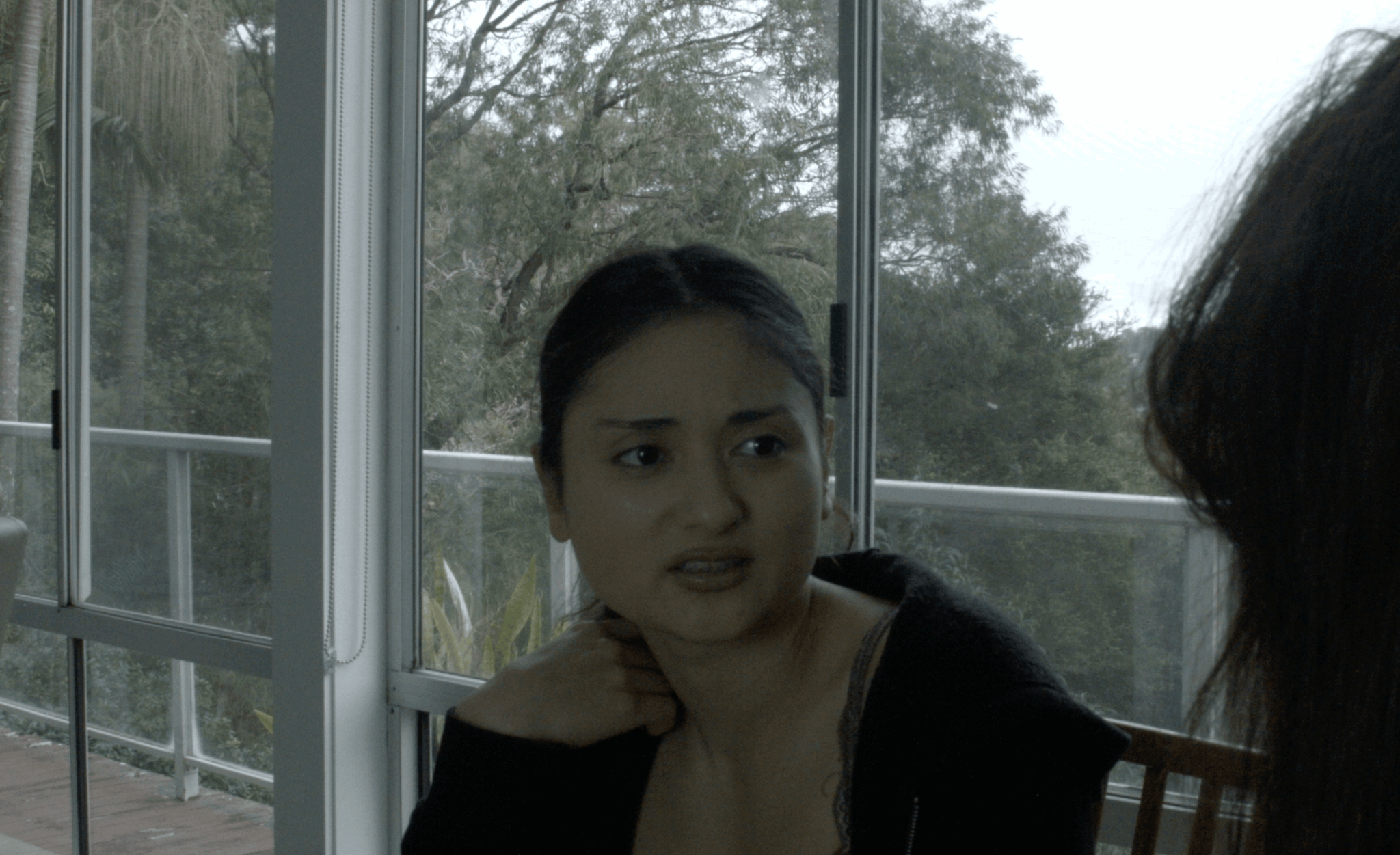
What’s a lesson you had to unlearn and what’s the backstory?
I was always told I was too emotional growing up — too much, too sensitive. It felt like I was this walking ball of emotions – like I didn’t know what was wrong with me. It made my life harder and I carried a lot of shame about it for a while. But when I was introduced to acting, realising what I thought was my weakness – feeling absolutely everything, or being too much – was actually my strength. Emotions don’t need to be this liability like we are conditioned to believe. They are a superpower. It’s what makes us human. Our capacity to feel — to love, to rage, to grieve, to hope — is what separates us from other animals. It’s the same thing that makes a mother cry for her child or a stranger feel empathy for someone they’ve never met.
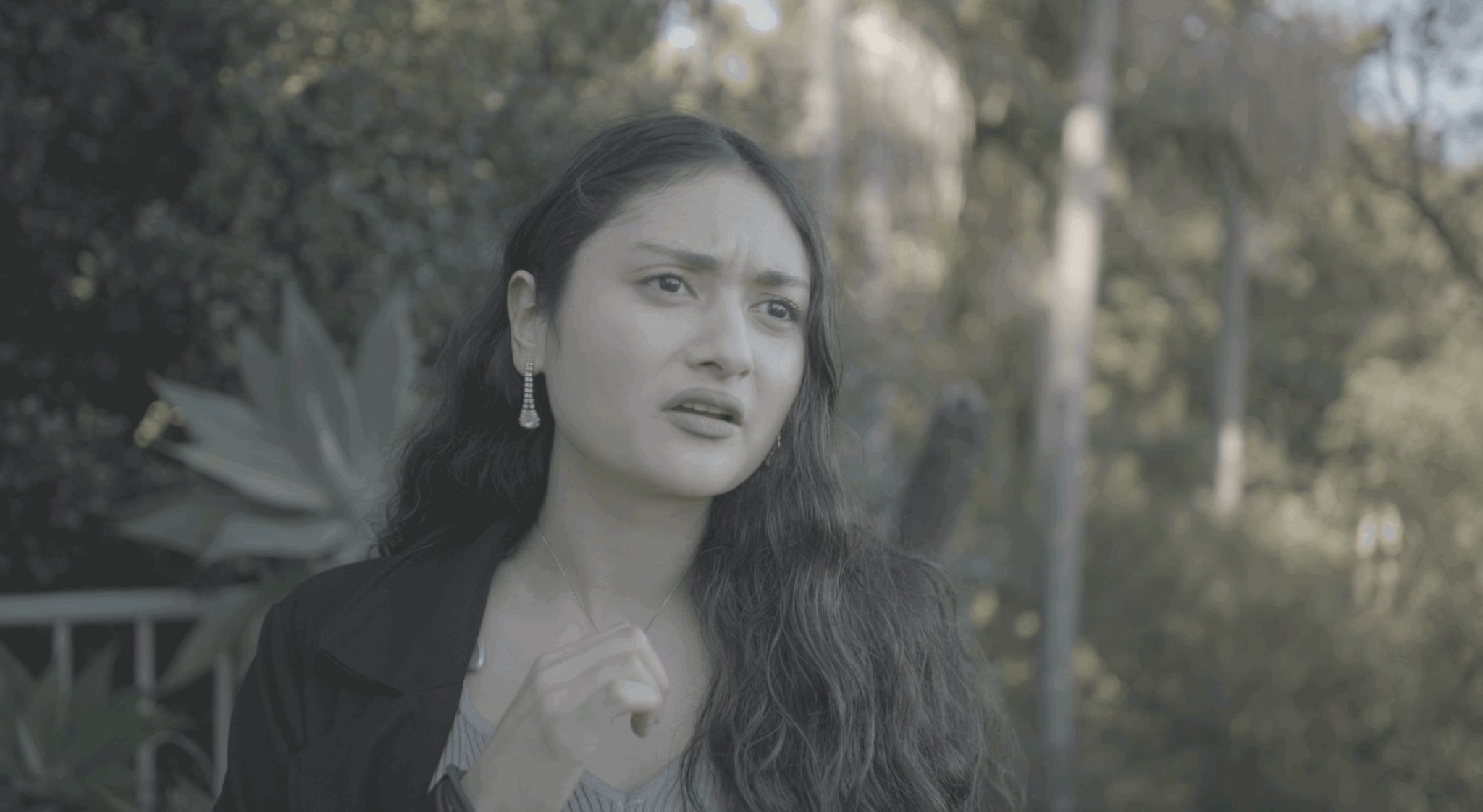
Any resources you can share with us that might be helpful to other creatives?
I’m not sure it’s exactly a “resource,” but training as a Method actor in New York changed everything for me and gave me a toolkit I never had before as an actor. The Method gave me more consistency as an actor, whereas before I really felt like I was just sort of winging it — looking back, some of my early audition horror stories definitely could’ve been avoided!
As someone who’s played piano for over a decade, it’s kind of like tuning your instrument. At drama school, we’d spend hours just relaxing the body before even looking at a script. That process taught me how essential relaxation is, that my body is my instrument and I need to tune it. The best teachers I’ve had always reminded me to trust my instincts, to trust my instrument — even when it leads to failure, because that exploration always leads to some sort of truthful discovery. I think the truth is what all actors are searching for in their performances. People assume acting is just pretending, but it’s really about being honest and vulnerable. We are all just trying to make sense of this fucked up human experience.
I also wish I had known earlier that everything I need is already inside me. Humans are multi-faceted—no one is just one thing. We all have the capacity for great kindness, and also for great cruelty or darkness. The job of the actor is to search for these facets already within yourself and explore them to find the character. I find the process incredibly challenging and fulfilling. It is rare to have those moments when you get into a flow state and genuinely believe what is happening in a scene. But when it happens, it’s that feeling like – Yes, this is it. This is the truth, this is what I’ve been waiting for my whole life. It’s a rare moment, something you might only get a couple of times in life —when you fall in love with someone, and if you’re lucky enough, when you act.
Contact Info:
- Instagram: https://instagram.com/sachii.sach
